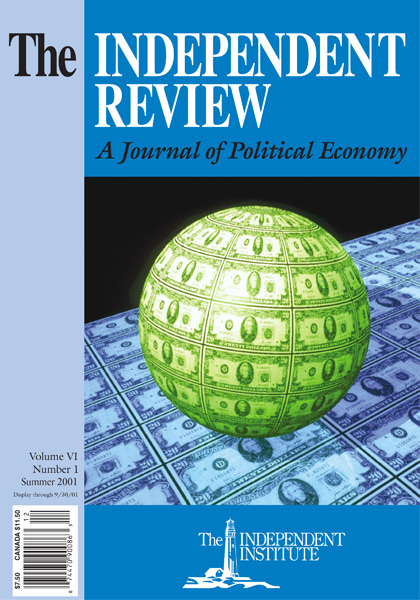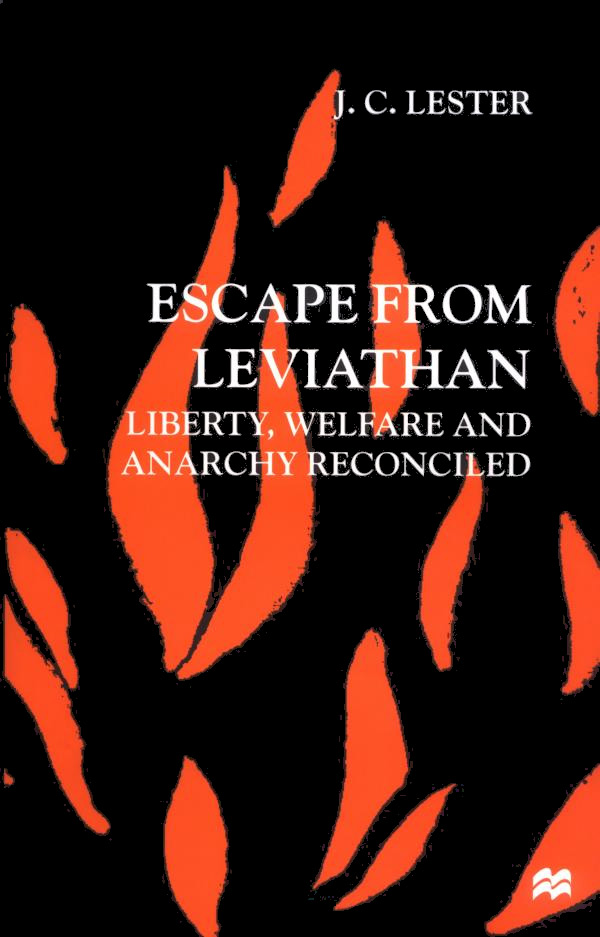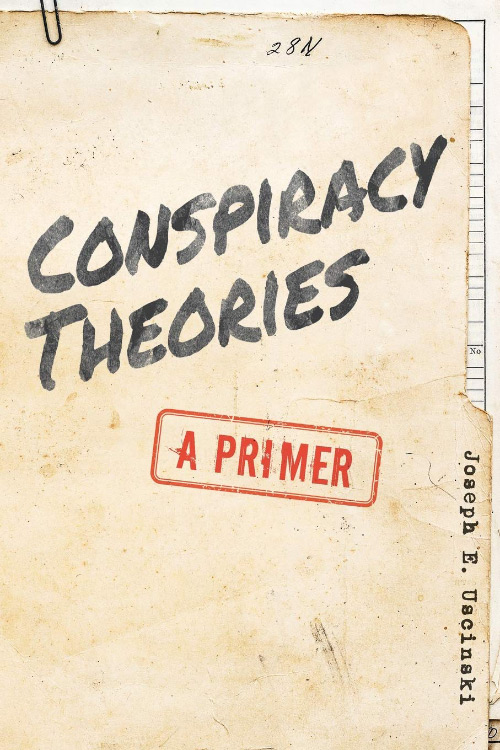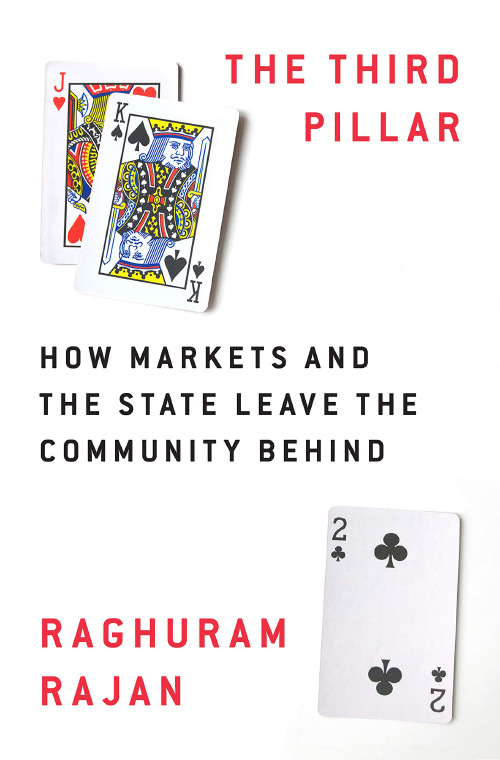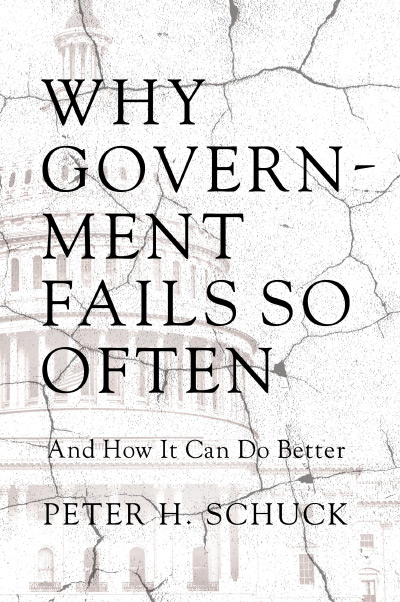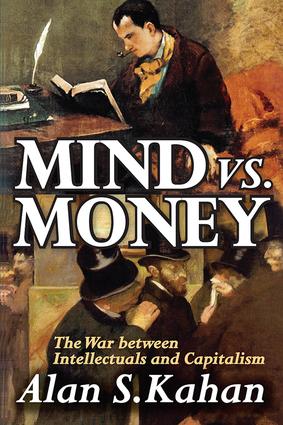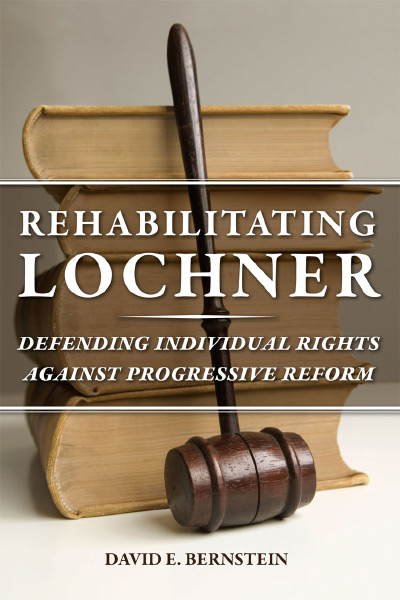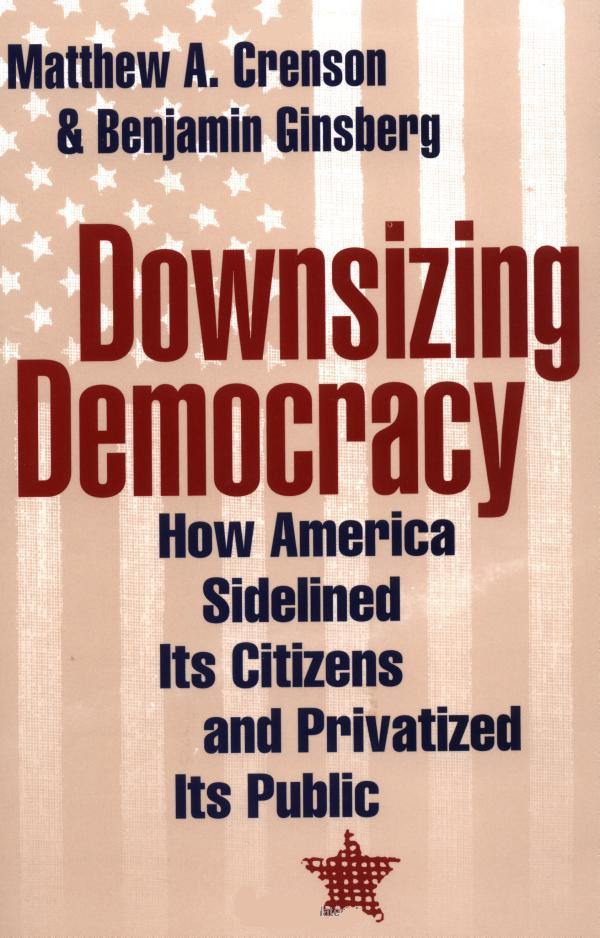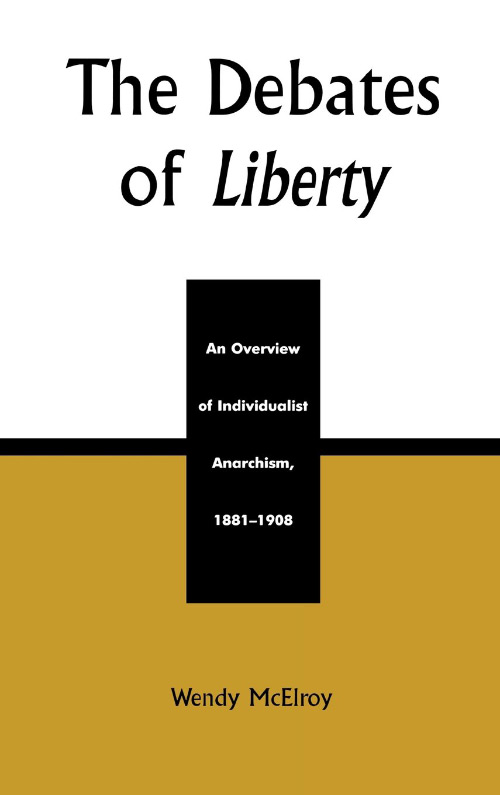J. C. Lester’s Escape from Leviathan is a bracing book. It begins: “There is only one thing that is seriously morally wrong with the world, and that is politics... . If you tell me what worries you about the world, then I can often tell you how politics is the sole cause of it, or how politics considerably exacerbates it, or why you should change your illiberal opinions” (p. 1). The author does not go on to explain all the world’s problems in terms of politics, but he does adopt as his working hypothesis what he calls the “compatibility thesis”—that liberty, welfare, and the free market are fundamentally consistent—and he defends this thesis against all comers. The chief asset of the book is its dogged and persistent attack on the detractors of the private-property anarchy the author advocates. But this asset is simultaneously a liability: Lester does not argue for his position; rather, he argues that the most likely objections to it fail. This tactic gives the book a somewhat unpleasantly defensive tone, and, more significantly, it limits the ultimate persuasiveness of the book’s central thesis.
Lester’s argument has two especially unusual features. The first is his claim that the compatibility thesis is “non-moral” (p. 3 and passim). Lester means that he can defend the compatibility of liberty, welfare, and the free market without making the further moral claim that liberty (or welfare or the free market) ought to be protected or extended. Instead, he defends the negative position that those who argue against such consistency—John Rawls, Alan Ryan, John Gray, and others—have failed to prove their case. Second, in response to the objection some might raise that his negative case is not enough, Lester argues that his commitment to Popperian “critical-rationalist epistemology” disallows any argument in direct defense of his compatibility thesis, because he views the thesis as a “bold conjecture,” which, according to philosopher of science Karl Popper, can be falsified by data or argument but cannot be proved true. Hence, Lester makes no attempt to persuade his readers that his thesis is plausible. He merely explains what it entails, shows how seemingly irreconcilable ends are in fact consistent within it, and shows how he has not (yet) come upon a successful objection. He summarizes the book’s strategy as follows: “this book does not start with first principles and attempt to build up to well-justified conclusions. This is not an attempt to prove, demonstrate, or show that liberty and welfare are congruent in a market. It is merely a philosophical and economic defense of this bold conjecture from an unavoidably limited number of views and criticisms that are inconsistent with it” (p. 6). If Lester’s project succeeds, then, according to Popperian epistemology, his theory will have been corroborated, not proved. The question nevertheless remains, however: What grounds will Lester’s arguments have provided for actually believing in his thesis?
Although I would argue that Lester’s project is incomplete (this book should be volume 2, the systematic exposition and defense of his thesis having appeared in volume 1), let us put that issue aside and examine what he does do, which is interesting in its own right. Let us consider Lester’s defense of his thesis against three central objections.
Objection One: People are not solely self-interested, so any economic or political system—free-market capitalism, for example—based on that assumption is flawed. Lester argues in response that we are self-interested in the sense that we are purposeful maximizers of our own ends (pp. 11–16). He argues, rightly in my view, that it is difficult to make sense of people’s behavior on any other assumption, and moreover it seems to be confirmed by introspection—each of us views himself as purposefully acting to satisfy his desires. So our understanding of other-regarding, beneficent actions must in some way cohere with this general conception of human action. This claim does not, however, equate to the narrow self-interest that detractors often claim free-market advocates ascribe to human beings. Lester argues that our desired ends can and often do contain the good or interests of other people (p. 37). So the objection fails: all that is required for Lester’s position is that people routinely act as motivated by their desire to satisfy what they perceive to be their greatest or most pressing desire, whatever that may be.
Objection Two: Libertarian notions of liberty are flawed because it is impossible to fully respect others’ property. Trespassings are inevitable (think of David Friedmanian examples such as my kitchen light’s “affecting” your property); therefore, we have to manage human affairs in terms of some other desiderata than simply protecting private property and individual liberty. Lester’s response is to suggest a criterion that will minimize conflict while maximizing liberty: he proposes a conception of liberty as “the absence of initiated constraints on people by other people; or, more precisely, people interacting voluntarily without constraining, interfering with, or imposing upon each other—except to prevent or redress initiated constraining, interfering, or imposing” (p. 58). He understands cost as a loss of something that a person wants; thus, it is subjective and therefore not liable to obvious objections to attempts at objective measurement. This criterion answers the Friedmanian problems by creating the possibility of morally allowed infringements. There is no rights violation, for example, that cannot be allowed at all; damages are matters of degree and are susceptible to both assessment and commensurate restitution (pp. 63, 108–13). The danger with this strategy is that on Lester’s view some actions will actually be required at which a property-rights absolutist will balk, but the benefit of the view is that its insistence on minimizing “imposed costs” will tend both to redound to all concerned parties’ interests and to allow continued social interaction in the face of some (probably minor) infringements.
Objection Three: Libertarian notions of liberty are flawed because they all implicitly assume that certain kinds of liberty are more important than others. There is no such thing as maximization of liberty simpliciter; therefore, because all theories will entail infringing some liberty or other, there can be no objection to welfarism, progressivism, and so forth on those grounds alone. This objection is particularly apt for Lester’s view because he claims to defend liberty on “non-moral” grounds (pp. 60–61, 75, and passim). Lester deals with the objection by again relying on his definition of liberty as absence of imposed cost. By arguing that respecting liberty means minimizing imposed cost, he can avoid the all-or-nothing antipathy: Lester’s “liberty admits of degrees” (p. 59), but it does so by employing a relatively objective criterion. Lester calls his position “contingently deontological libertarianism” (p. 57), by which he means that if liberty is to be maximized (for whatever reason), the rule of minimizing imposed cost avoids the difficulties other views face and seems to fit better with what most people mean by the term liberty anyway. He goes on to deduce a conception of property (including intellectual property and rules of initial acquisition); conceptions of crimes, torts, and proper punishments; and resolutions of long-standing difficulties—such as the free-slave puzzle and the inevitable public-goods problems—that follow from his conception of liberty and that suggest this conception’s superiority to other conceptions. Not all of Lester’s arguments on these scores are convincing, but they are all interesting, and taken together they lend credence to his claim that his position can be defended better than competing welfarist, socialist, or democratic notions of liberty can be.
One argument Lester makes will be of particular interest to economists and philosophers: he makes a limited defense of interpersonal comparisons of utility (ICUs). It has long been a standard objection to some schools of economics that ICUs are impossible because there is no objective thing to which a person’s utility corresponds and hence no objective measure by which to compare one person’s utility to another’s. Though some economists talk of utils, there are no actual utils, and no sense can be made of schemes that purport to sum the utilities of individuals under competing distributive schemes to determine which scheme makes “everyone” best off. Lester’s contribution is to argue that although it is true that ICUs cannot be made with the precision that would be required, for example, to make Pareto comparisons (p. 152), nevertheless some comparisons are possible. Here is his argument: “A clear case of utility comparison between persons is where A values x (has some utility from it), and B is indifferent about x (has zero utility from it). It follows that A values x (‘some’) more than B does (‘zero’). It then seems a small step to comparing a case where A strongly values x and B has only a small preference for x. And so forth” (p. 153).
This argument has some intuitive plausibility, and it enables Lester to claim that his scheme of property-based anarchy would be better “overall” or “for everyone” than would other schemes. The problem comes in trying to say how much more utility A gets from x than B does. Lester’s position is stronger when comparing zero utility to some utility, but that comparison is a special case; the far more likely case is one in which we are attempting to compare the relative utility increase or decrease of concerned parties, and here it is not clear what Lester could appeal to. Still, Lester has a point when he says that if we reject ICUs altogether, then”‘pro-market’ economists who accept the Pareto criterion” would be unable“consistently [to] advise changes from any non-market system of property rules unless every single person feels better off” (pp. 153–54). So perhaps ICUs deserve a second look.
In the end, the principal value of Lester’s book is as something like a catalog of arguments defending libertarian or anarchistic political thought against various detractors and their objections. Not all of the defenses work, and in a few cases Lester’s dismissals are too hasty; nevertheless, he offers many interesting and novel insights. I remain disappointed that he did not undertake to defend his own thesis directly, and I hope that in the future he will relax his commitment to Popperian epistemology and undertake such a defense. In the meantime, however, refutation of objections is a valuable service in its own right, and Lester accomplishes that task well.
| Other Independent Review articles by James R. Otteson | ||
| Summer 2019 | Opting Out: A Defense of Social Justice | |
| Summer 2017 | The Misuse of Egalitarianism in Society | |
| Fall 2012 | The Moral Foundation of Economic Behavior | |
| [View All (8)] | ||

